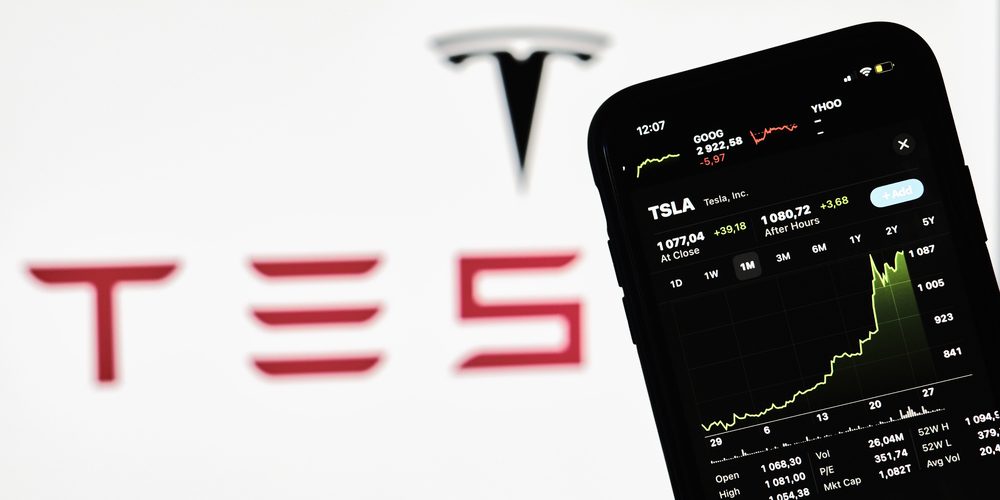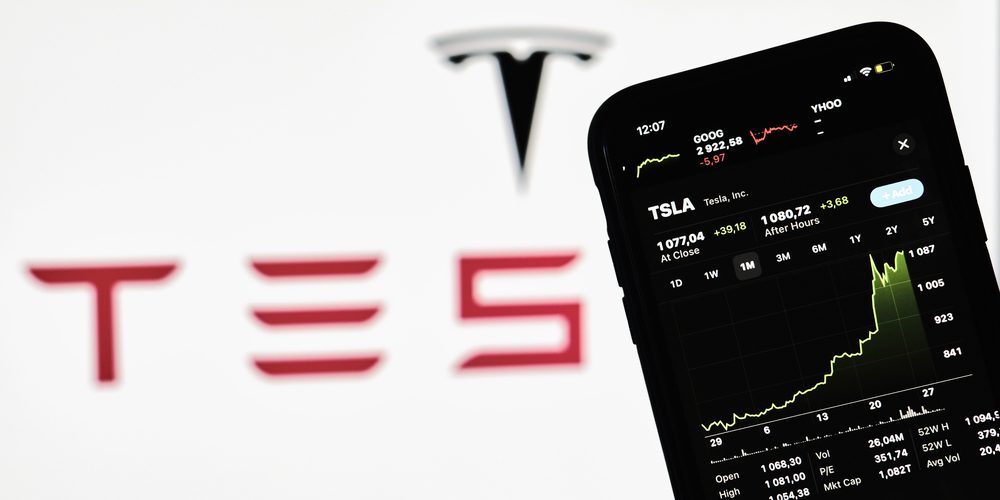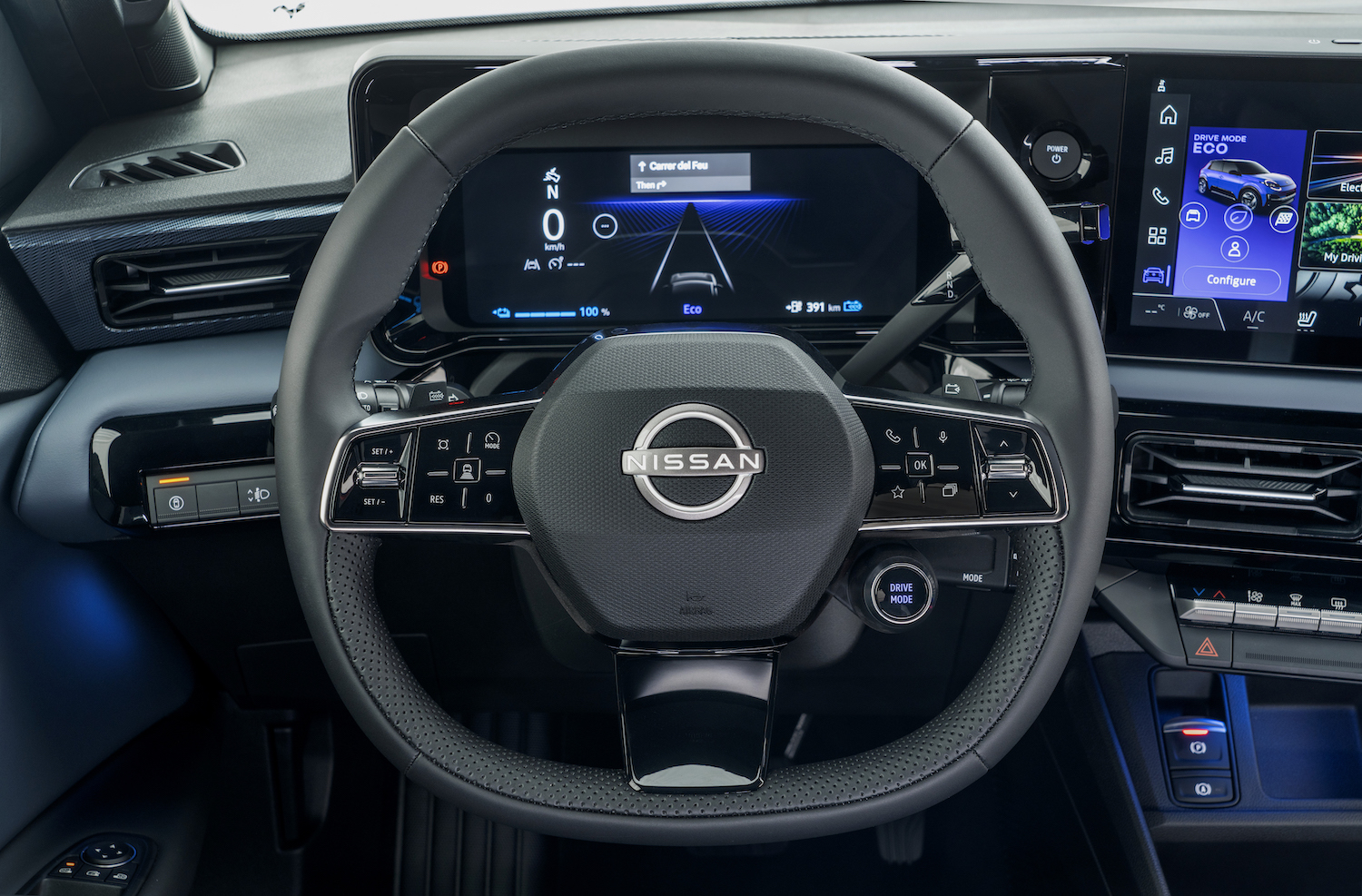Tesla’s EV Sales Plummet Globally as Stock Price Relies on AI and Robotaxi Hopes


- Tesla’s EV sales continue to decline in most major markets, with China reporting an eighth straight month of decreases.
- Despite the sales slump, Tesla’s stock price has rallied by a third since April’s Q1 earnings, valuing the company at $1 trillion.
- Tesla sales have dropped by more than a third in the UK and Germany, while some markets like Norway and Australia show positive trends.
As the second quarter of the year approaches its final weeks, the prospects of Tesla’s electric vehicle sales rebounding from a dismal start to 2023 appear increasingly bleak. Data from various regions worldwide consistently points to diminishing demand for Elon Musk’s once-coveted cars.
In China, Tesla’s largest manufacturing hub, the GigaShanghai factory reported its eighth consecutive month of declining sales. The China Passenger Car Association (CPCA) revealed that the plant’s outbound volumes, including exports, plummeted by 15% in May, totaling just 61,662 vehicles. This grim figure aligns with similarly disappointing sales data from most European markets.
Although Tesla has successfully rebranded itself as an AI and robotics company in the eyes of investors, its core business of selling electric vehicles remains the primary source of revenue and profit. In the first quarter of this year, when volumes hit a three-year low, EV sales accounted for 72% of both Tesla’s revenue and gross profit.
Surprisingly, as sales continue to dwindle, Tesla’s stock price has experienced a paradoxical surge, increasing by a third since the company’s lackluster Q1 earnings report in April. With a market capitalization of $1 trillion, Tesla now ranks as the ninth most valuable company globally, surpassing the combined worth of the next 15 largest automakers.
Investors seem to be betting on Tesla’s ability to disrupt the ride-hailing industry with its upcoming robotaxi service, set to launch across much of the United States in the second half of the year. However, there is no concrete evidence to suggest that Tesla’s driverless technology surpasses or even matches that of Waymo, the current leader in autonomous vehicles.
Amid this uncertainty, some prominent Tesla bulls have begun to question the company’s valuation. Gary Black, a Future Fund money manager, recently sold his remaining Tesla stock, citing a disconnect between the company’s valuation and its underlying fundamentals. Black, who had been a Tesla investor since 2021, believes the risks now outweigh the potential rewards.
While Tesla has managed to maintain its popularity in some markets, such as Norway, the world’s most EV-friendly country, and Australia, where it competes directly with Chinese brands, these isolated successes do not reflect the overall trend. In the United Kingdom and Germany, Tesla registrations plummeted by 36% last month, highlighting the company’s struggles in key European markets.
As a result, reputable Tesla EV sales trackers, such as TroyTeslike, predict that the company will likely experience an 11% drop in sales for Q2, with a best-case scenario of delivering 395,000 cars. This forecast underscores the challenges Tesla faces in maintaining its position as the world’s leading electric vehicle manufacturer, even as its stock price continues to defy gravity.










